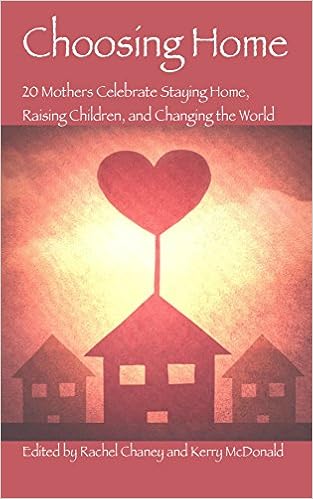Tuesday, September 20, 2016
The Schooling and Social Justice Myth
On a warm, bright morning at a popular playground near a prized city elementary school, I pushed my toddler on the swings. A group of children from the school's sought-after, integrated public preschool program, which serves many poor and minority children, happily played, and climbed, and laughed. Then the teachers clapped loudly, followed by the preschoolers who repeated their clap. To the tune of "If You're Happy And You Know It," the teachers started singing: "Put your backs against the fence, against the fence." Clap, clap. The children repeated the chorus and the clapping, as they followed the order to put their backs against the fence and prepare to return to their school building.
My jaw dropped.
We have been fed, and have eagerly gobbled up, the myth that schooling is the only hope for social justice. If only we make the schools better, the teachers gentler, the curriculum more rigorous and offered earlier in a child's life, then the pervasive opportunity and achievement gaps between white and black children, between rich and poor, will disappear. If only we pour more money into the schools, make the buildings fancier, add some special programming and technology, expand the school day and year, then we will halt America's ugly inequality and injustice.
We have placed our country's schools in the impossible position of singularly trying to fix a mammoth societal scourge, while not acknowledging that schooling itself contributes to widespread inequality, poverty, and lack of opportunity. As social justice activist and educator, Dr. Monique Morris, writes in her excellent book, Pushout: The Criminalization of Black Girls in Schools (The New Press, 2016): "Literature on the structure of dominance and the socially reproductive function of school tells us that schools may reinforce and reproduce social hierarchies that undermine the development of people who occupy lower societal status." In referring to the black girls she writes about in her book, Morris concludes that "these socially reproductive structures constitute educational experiences that guide them to, rather than direct them away from, destitution and escalating conflict with the criminal justice system" (p. 188).
Our system of industrial schooling amplifies and embeds disadvantage, fueling a massive school-to-prison pipeline and perpetuating social injustice. What makes this system all the more insidious is that it is presented under the guise that it's good for us: that it is necessary and important and as American as apple pie. Oh, and it's also mandated under a legal threat of force.
How can we expect our children to grow up and be engaged members of a free and democratic society when we systematically deny them freedom and democracy for most of their childhood? How can we expect to end a school-to-prison pipeline and win the struggle for social justice when our system of schooling exacerbates the problem? How can we go along with this opportunity myth while children, many of whom are black, are singing a jolly tune of oppression as they follow orders to put their backs against a fence?
In her recent essay, my colleague at the Alliance for Self-Directed Education, Akilah Richards, shares why she made the personal decision to opt-out of the coercive system of compulsory schooling for her two black daughters as a way to reject institutional racism and injustice. She writes: "Because Kris and I are raising black folks in America, freedom to learn is critical. It is our deliberate resistance to the whitewashed curricula pervasive in America's classrooms. We want our daughters to design their own courses of study through real-life experiences and relationships, not ones formed by sitting in a room, facing one instructor, collecting dots, and negating the contribution of non-white people to the world's civilizations and cultures. More than that, America's judiciary and educational systems embody and normalize a harmful European colonialist worldview."
Relying on the institution of forced schooling to repair the social inequality and poverty it helps to create is like relying on a pharmaceutical company to grow toxic food and then treat the health problems of those inevitably affected. (Oh wait, that's already happening too.) Coercive schooling is part of the problem, not the solution. As I've written here before, we need to disentangle public schooling from public education and de-institutionalize learning. In this way, we will eliminate the structures that often reproduce racism and inequality and focus instead on public, non-coercive educational networks (like public libraries and public museums and a whole host of small, community-based learning initiatives), that empower individuals. We can then finally begin to meaningfully and honestly address the vast and complicated roots of and remedies for social injustice.
In Death At An Early Age (Plume, 1967), Jonathan Kozol's award-winning book about the deplorable conditions of segregated schools in Boston in the 1960s, he writes: "All white people, I think, are implicated in these things so long as we participate in America in a normal way and attempt to go on leading normal lives while any one race is being cheated and tormented" (p. 12). It's time we all get angry about the racism, inequality, and injustice that continue to plague America, and start looking critically at societal institutions that may be doing more harm than good.
Subscribe to:
Post Comments (Atom)
























No comments:
Post a Comment
Note: Only a member of this blog may post a comment.